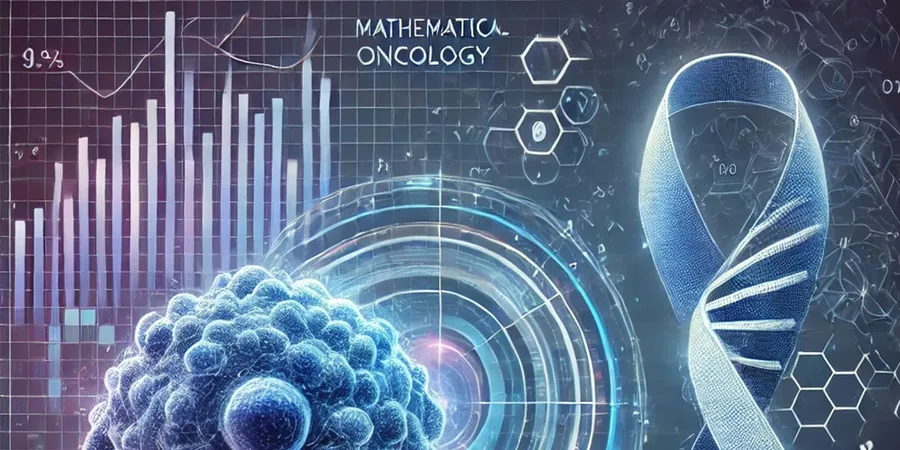
Mastering the Survival Game: How Game Theory Is Revolutionizing Cancer Treatment
2025-08-12
Author: Jia
When it comes to life and death, could our survival hinge on mastering strategic gameplay? This intriguing question lies at the heart of groundbreaking research utilizing evolutionary game theory to tackle cancer treatment.
At the USC Viterbi School of Engineering, a visionary team led by Professor Paul Newton has published a pivotal study in the journal PNAS, showing how game theory concepts can enhance cancer therapies. Their innovative mathematical model delves into the complexities of the cancer-immunity cycle, a battlefield where cancer cells, healthy cells, and immune T-cells engage in a deadly competition.
Visualize a tumor as an ecosystem: cancer cells vying for supremacy against healthy counterparts. Traditional cancer treatments—chemotherapy and immunotherapy—aim to control this evolution but often miss the mark, focusing on elimination rather than integration. "In this new perspective, steering the tumor’s evolution toward our advantage is key," Newton notes.
The paper challenges conventional wisdom, suggesting that instead of annihilating tumor cells indiscriminately, a more nuanced approach might yield better outcomes. Studies have shown that chemotherapy can kill sensitive cancer cells, but resistant ones often survive and lead to recurrence. The goal? Finding a balance that minimizes resistant cell populations while still reducing the overall tumor size.
In this intricate war game, T-cells emerge as critical allies. They attack cancer cells, influencing which cell populations thrive or fade. Newton likens cancer cells to defectors in a dynamic game, with healthy cells as cooperators and the immune system regulating the action through constant feedback.
Guided by previous influential work on the cancer-immunity cycle, Newton’s team posed essential questions: What if synchronizing chemotherapy and immunotherapy schedules with this cycle could amplify treatment effects using lower doses? Their findings could transform oncology, moving beyond typical scheduling to embrace personalized biological rhythms.
While precisely measuring a patient’s cancer-immunity cycle poses challenges, advancements in real-time immune monitoring could soon provide answers. Techniques like circulating tumor DNA analysis, immune profiling, and advanced imaging show promise.
Newton and his team envision clinical protocols that dynamically adjust therapies based on real-time data, negotiating with cancer rather than merely battling it. "Timing is everything," he emphasizes.
This revolutionary approach could not only refine how oncologists schedule combinations of therapies but also fundamentally reshape our survival strategies in the face of cancer.
 Brasil (PT)
Brasil (PT)
 Canada (EN)
Canada (EN)
 Chile (ES)
Chile (ES)
 Česko (CS)
Česko (CS)
 대한민국 (KO)
대한민국 (KO)
 España (ES)
España (ES)
 France (FR)
France (FR)
 Hong Kong (EN)
Hong Kong (EN)
 Italia (IT)
Italia (IT)
 日本 (JA)
日本 (JA)
 Magyarország (HU)
Magyarország (HU)
 Norge (NO)
Norge (NO)
 Polska (PL)
Polska (PL)
 Schweiz (DE)
Schweiz (DE)
 Singapore (EN)
Singapore (EN)
 Sverige (SV)
Sverige (SV)
 Suomi (FI)
Suomi (FI)
 Türkiye (TR)
Türkiye (TR)
 الإمارات العربية المتحدة (AR)
الإمارات العربية المتحدة (AR)